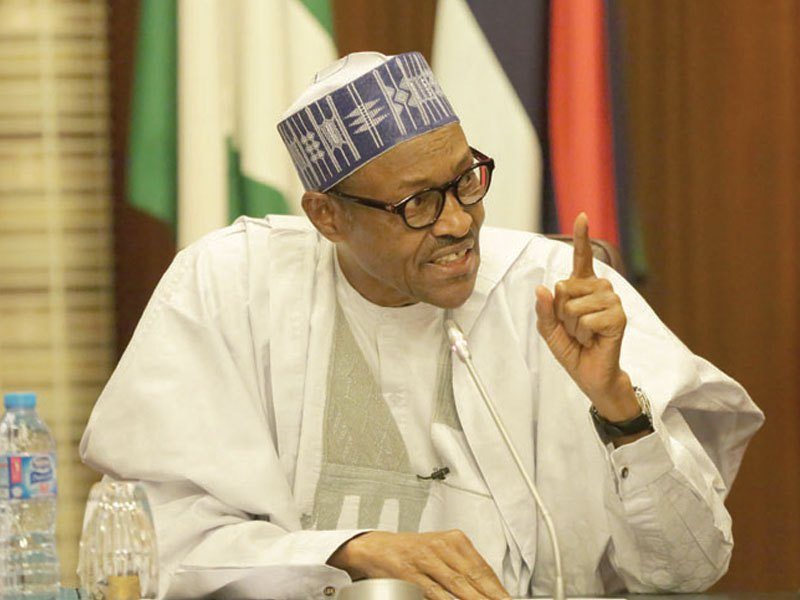
President Muhammadu Buhari on Tuesday declined
presidential assent to the Peace Corps of Nigeria (PCN) (Establishment) Bill
2017, which was recently passed by both chambers of the National Assembly.
In a letter to the National Assembly explaining his
refusal to sign the legislation into law, the president cited security and
financial concerns for his decision.
Buhari, in a copy of the correspondence, dated
January 25 and addressed to the Speaker of the House of Representatives, Hon.
Yakubu Dogara, which was read at plenary, offered specific reasons why he
declined his assent.
One of his concerns bothered on security, regarding
the proposed Corps being authorised to undertake activities currently being
performed by extant security and law enforcement agencies.
Buhari also cited the financial implications of
funding the establishment and operations of the proposed Corps, given the
current fiscal challenges confronting his administration as another reason he
withdrew his assent to the bill, which had become a subject of controversies
and speculation in recent times.
However, until now, the bill looked set to sail when
considered against the backdrop of Buhari's avowed agenda to create jobs for
the teeming jobless youths, but increasing antagonism against its proponent,
Dickson Akoh, who had been indicted by security reports, dimmed the bill's
chances to see daylight.
Earlier this month, THISDAY had exclusively reported
of palpable fear among members of the Nigerian Peace Corps following the
continued delay by President Muhammadu Buhari to sign the establishment bill
for the corps into law, months after both chambers of the National Assembly
passed the legislation into law.
THISDAY report gathered that the worry among anxious
members of the Corps who had since been mobilised and attending period parades
in the hope of the passage of the bill by the president followed suspicion that
the bill may have been politicised to be used as bargaining chip towards the
2019 general election.
It was also reliably gathered from insider sources
that the newly mobilised recruits were tasked to pay a minimum of N10, 000
which is expected to be used to lobby the quick passage of the bill at least in
the life of the current administration.
But despite Buhari's refusal to sign the bill into
law, the National Assembly still has constitutional provisions to veto the
president's decision and pass the bill into law by a two-thirds majority vote
in both the House of Representatives and the Senate.
No comments:
Post a Comment